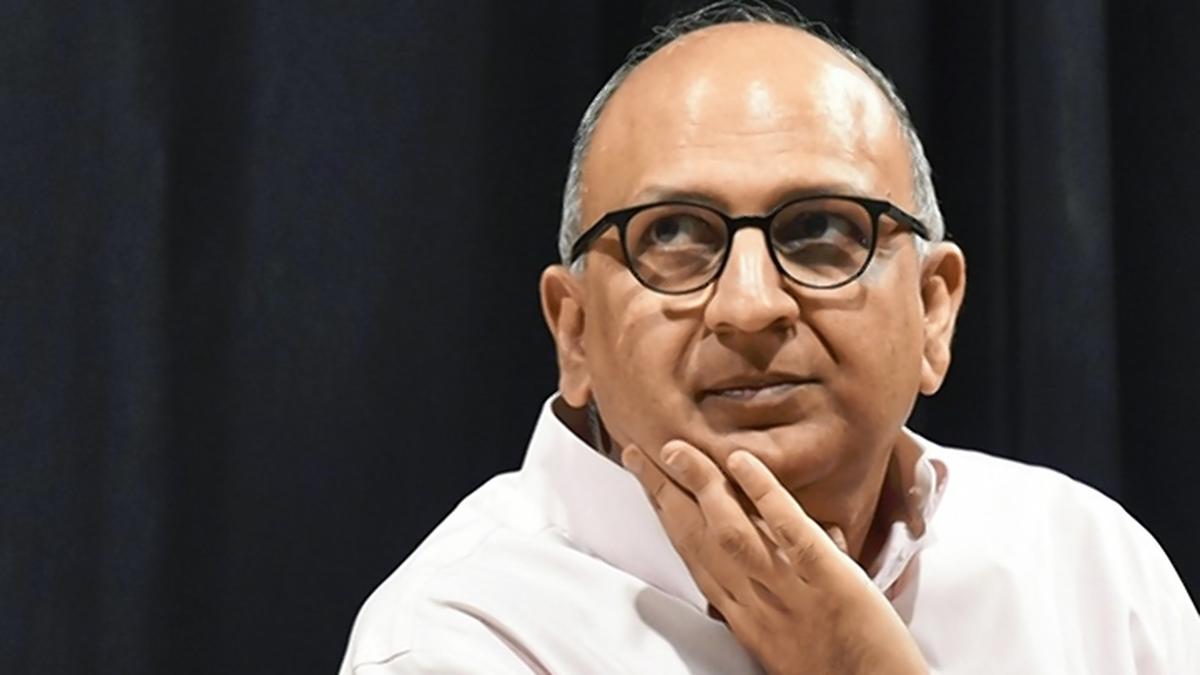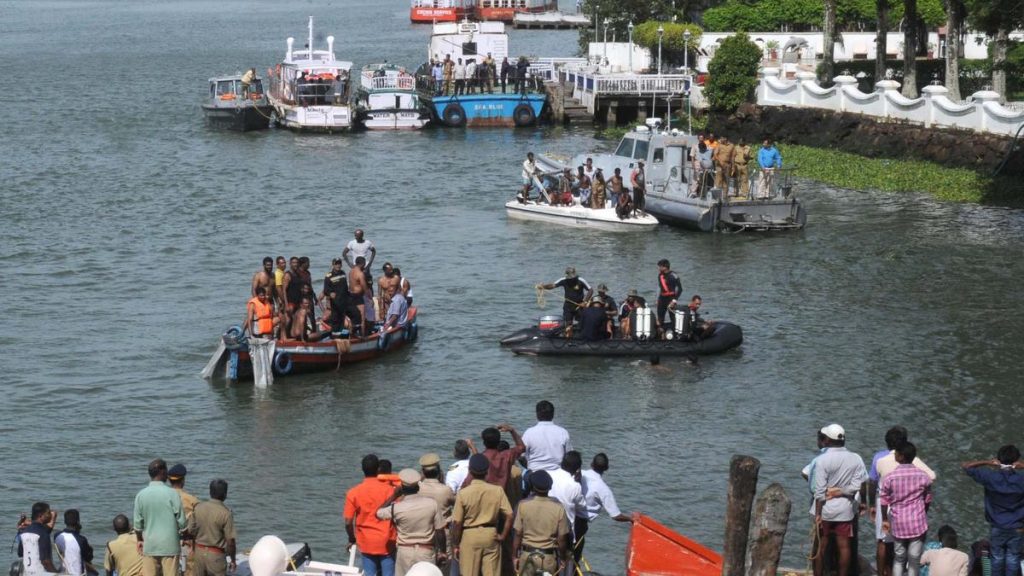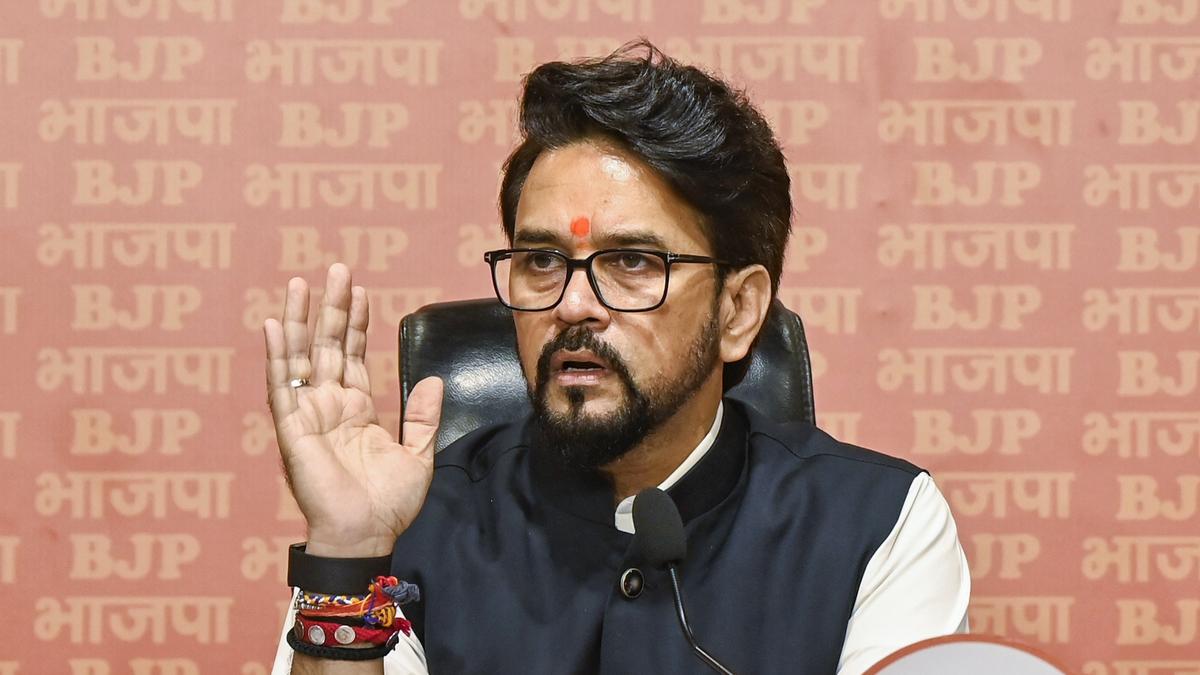Now Reading: Pratap Bhanu Mehta Highlights Democratic Challenges in Vision 2047 Lecture
-
01
Pratap Bhanu Mehta Highlights Democratic Challenges in Vision 2047 Lecture
Pratap Bhanu Mehta Highlights Democratic Challenges in Vision 2047 Lecture

Quick Summary
- Prof. Pratap Bhanu Mehta delivered the “India Vision for 2047” lecture on August 24, 2025.
- He emphasized addressing critical issues like poverty, authoritarianism, communalism, and ecological crisis over aspirational planning.
- The lecture stressed three key perspectives: relieving human suffering, attaining developed nation status with visionary leadership, and upholding constitutional values of liberty, equality, and fraternity.
- A concern was raised about the erosion of sincerity, shared facts, and reasoned debate in democracy; these fundamentals are seen as essential for its survival.
- On governance: he highlighted flaws in party-based competition marked by partisanship and contradictions. He advocated new institutional structures promoting negotiation rather than conflict.
- India’s global role needs revisiting to fulfill unfinished freedom movement goals such as independence/self-determination while positioning India within a just world order alongside a unified South Asia strategy.
- Criticism focused on Hindutva nationalism reducing India’s civilisational identity into an ethnic framework instead of worldwide spiritual codes rooted in philosophical depth.
- concluding themes included redefining spirituality as objective engagement with reality to achieve national aspirations symbolized by Sat-Chit-Anand (reality-consciousness-bliss).
Indian Opinion Analysis
Prof. Mehta’s observations underpin vital challenges that india faces as it approaches its centenary of independence. His critique calls attention to systemic shortcomings affecting governance mechanisms and democratic fabric – especially issues around trust-building through common facts and rational discourse. This reflection is crucial given rising partisanship that deepens divides rather than enabling inclusive solutions.
The redirect toward deeper philosophical underpinnings pushes Indian society to think beyond materiality or symbolic power narratives like nationalism tied exclusively to ethnically-restricted identities. Instead of fragmenting civilisational values via reductionist frameworks (e.g.,Hindutva nationalism),promoting inclusivity could enhance India’s global standing and regional coherence.
Addressing climate crises alongside poverty reflects urgent concerns susceptible to geopolitical complexities but structurally solvable through sustained visionary leadership till policies tie together bridging constitution-grounded liberties w/ grassroots shared progress-support/civic harmony alignment benchmarks vital-depth necessary-india-model evolving aspirational forward steps/neatly reflective-inclusive grounded rationale <=logical nation-building focus Read More
























